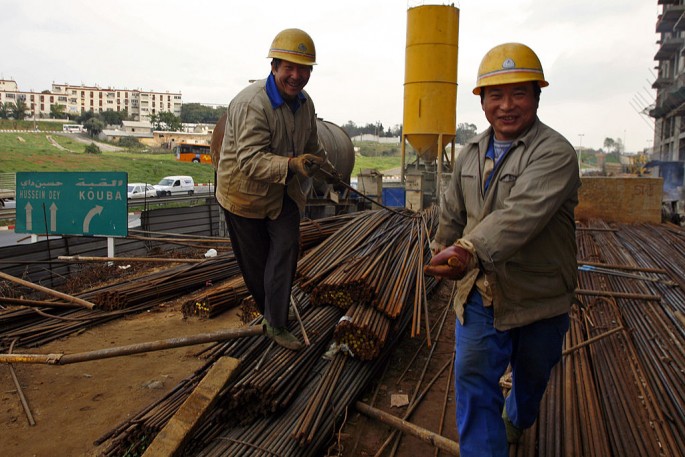Chinese laborers who work outdoors are granted subsidies in the government's attempt to ease the effects of extreme temperature in the world's second largest economy brought about by climate change.
According to the New York Times, China has a peculiar and rare way of compensating its work force during tough work situations such as intense weather conditions, setting a good example for other countries with more scorching temperatures like India.
Unfortunately, not all employees are aware of this benefit and employers are quick to take advantage of that.
Work Compensation
Citing the Chinese-language media China News Service, the NY Times explained that the law requires employers to pay workers who continue doing their jobs outdoors even amid temperatures above 95 degrees Fahrenheit or 35 degrees Celsius.
The compensation as imposed by Chinese law is set at 180 renminbi for a month or about $27 though it varies on the province or city.
In the northern province of Shanxi, outdoor workers who are eligible for the high heat subsidy are supposed to get 240 renminbi a month while those working in the southern Guangdong province should get around 150 renminbi.
Of course, not everyone is aware of such a law, with employees either ignorant about what they are supposed to be getting or playing the fool for fear of losing their jobs.
In fact, when asked about the heat subsidy, Chinese workers have a common response: "Who gets that?!"
Lack of Information Dissemenation
According to Sixth Tone, the compensation was not introduced to the country until 2012 even though extremely hot temperatures have already been felt in the country since 1960.
Aside from that, employers tend to "forget" to explain the compensation to their workers especially those under limited contract.
According to the Dezan Shira & Associates' newsletter China Briefing, employees who do not get the subsidy they are supposed to be given may file a complaint against their employer. Unfortunately, fear prevents them from doing so.
"Employees have the right to file a complaint if an employer fails to pay, but rarely do in fear of repercussions. In many cases, employees aren't even aware of the allowance," the newsletter read.
Considering all this, the NY Times is questioning whether the Chinese policy is enough to compensate for the effects of global warming to laborers' health and their productivity.
Even though it aims to "subsidize" the effects of the phenomenon, the Chinese government should consider bringing their knowledge about the source of the problem up to date as high heat compensation rates remained the same since it was first introduced even despite the rising cost of living in some parts of the country.





















